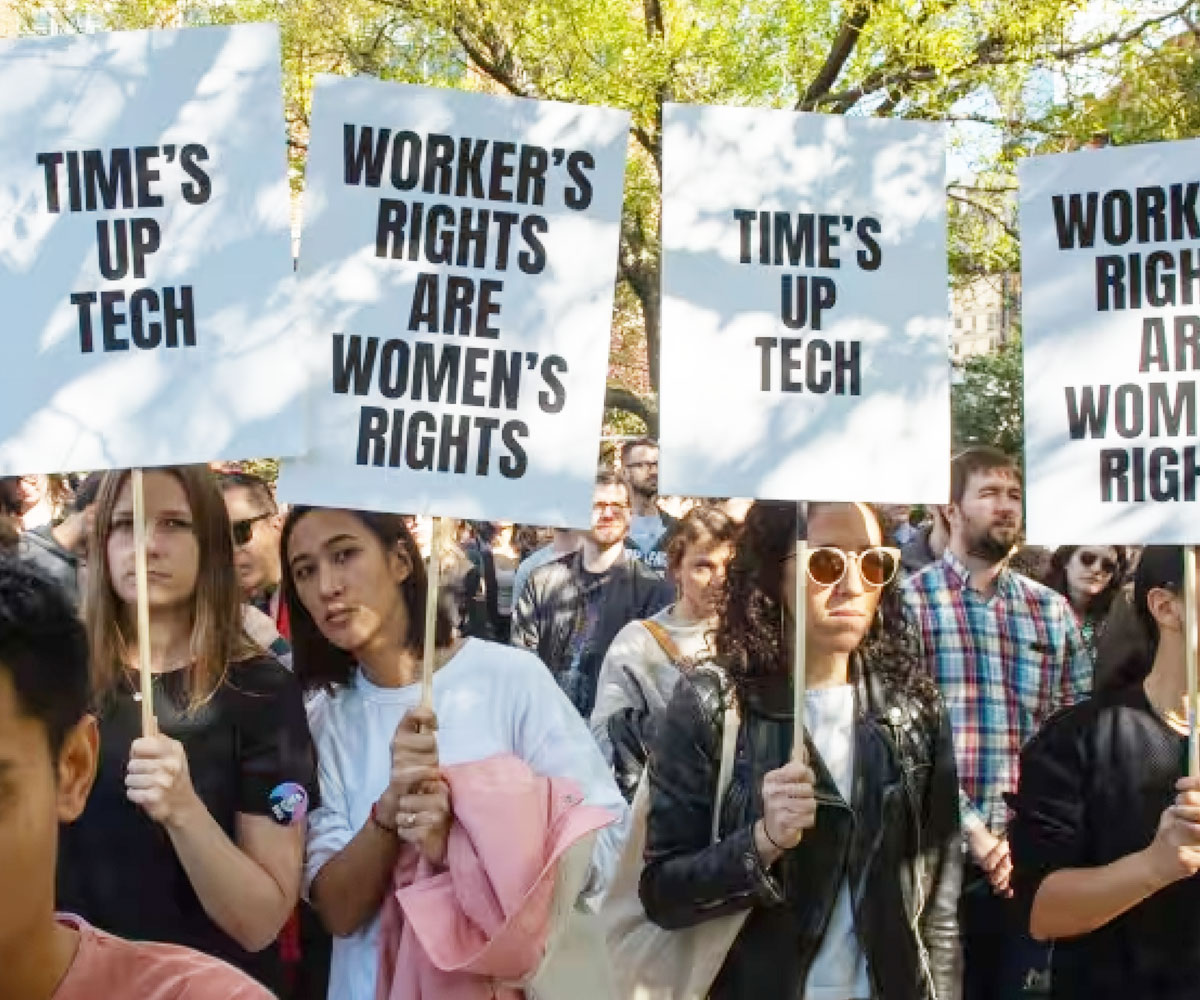January 2024 has come as a surpise for TCS, thank to the media spotlight on – well – as the charges go “forcing” more than 2000 of its employees to relocate. While about 300 from among the 1000s affected have formally complained to the NITES – (India’s largest Union for employees in the IT Industry), which in turn has forwarded their grievance to the Labor Ministry, the case does raise alarm bells for other IT companies that may be harboring similar issues. For an organization that rakes in about US $27.9 billion a year, thanks to more than 614,000 employees, this run in with employees and now, one state government’s Labor Department (which has sent TCS a notice), is not new.
Back in 2015, TCS was in the news for planning to terminate – allegedly, over 25000 employees, for poor performance. As the axe began to fall on some employees, a few took social media by storm – 1 ex-employee went so far as to record an alleged conversation between her and apparently, someone from TCS’s HR team to demonstrate how she was subjected to “the most unkindest cut of all” (Shakespeare). As to how TCS managed to carry such a large pool of “non-performers” for so many years, is a matter fit for another post. Anyways, while one court looked at this matter adversely and halted the retrenchment of 1 of the employees in 2014, on the grounds that her white collar job does fall under “Workman” category of jobs and is not “Managerial” or “Supervisory” in nature, thereby enlarging the scope and applicability of the Industrial Disputes Act 1947, another court asked TCS to reinstate an employee after 7 years, on similar grounds. As a matter of fact, it was another Union formed by employees working in various IT companies – FITE, that ensured the employee could make over a 100 visits to the court in 7 years, as he did not have the means to fight the IT giant in court, all alone. As these 2 cases are 8 years apart, it seems that TCS’ lawyers did not learn from their 2014 brush with the courts and ended up repeating the same error in 2022! For sure, History does repeat itself, but if HR is good at Knowledge Management or in this case, Case Management, it may not repeat that often, perhaps.
The increase in union activity in a sector that generates over US $227 billion in revenue, employs over 5 million and clocks an impressive growth rate of about 8.4% annually, and which has conventionally been viewed as a touchstone for progressive HR practices, has definitely raised many eyebrows. As per one analyst, who definitely views these developments as a sign of increasing political interference, unions are bad for the sector and that vested interests from outside the sector are at work! For sure this analyst has the industry’s best interest in mind but conspiracy theories apart, more and more employees in the technology sector, globally, seem to be banding together, at times, with or without political and governmental support. For example various unions representing Google employees worldwide, have now formed one umbrella union – Alpha Global, after joining hands with UNI Global Union – a Switzerland-based federation of unions that boasts a membership base of over 20 million workers, across 150 countries. More than 3 million of these workers are part of the ICT sector. As a matter of fact, its not just tech workers in developing countries who are looking to associate. Across the developed world in countries like Germany, UK, France, Ireland, and the United States, tech sector focused unions have been popping up, especially over the last decade.
As some of the bellwether IT companies in India brace for a slowdown, and push themselves to meet their targets, HR may find itself not just in the Management’s crosshairs but also in some Union’s crosshairs. Oddly, downsizing or to put it euphemistically, right-sizing, is not the only headache for HR. Post Covid19, IT companies have been on the offensive pushing employees back into offices that they deserted or asking them to move to newer locations. Now, truth be told, when Covid19 struck, many companies swore that their employees would never have to return to a physical office again. TCS, for example, went so far as to announce a 25 by 25 Work From Home Model – meaning, that by 2025, only 25% of its employees would have to work from an office. With the pandemic beating a retreat of sorts now, many such ambitious projections appear to have bitten the dust. Apparently, TCS alone has hired more than a 100,000 employees since 2020 – some of whom may have fallen for the 25 by 25 slogan.
Anyways, with the political season heating up (it being election year and all), any negative publicity that paints Management in poor light, is likely to attract political parties, who may wish to out-compete each other to ensure employee grievances are quickly addressed in the employee’s favor. Moreover, given that the IT industry does not have a legacy of working with unions or handling protracted litigation, the courts and unions, should be treated as competency enhancers, ushering in much needed improvement in not just HR practices but also arbitration mechanisms. Additionally, IT companies can also learn a lot here from their manufacturing peers, especially those who have distinguished themselves in working collaboratively, and not combatively, with employees, their Unions – of the political and non-political variety, various governmental intermediaries and the courts.





